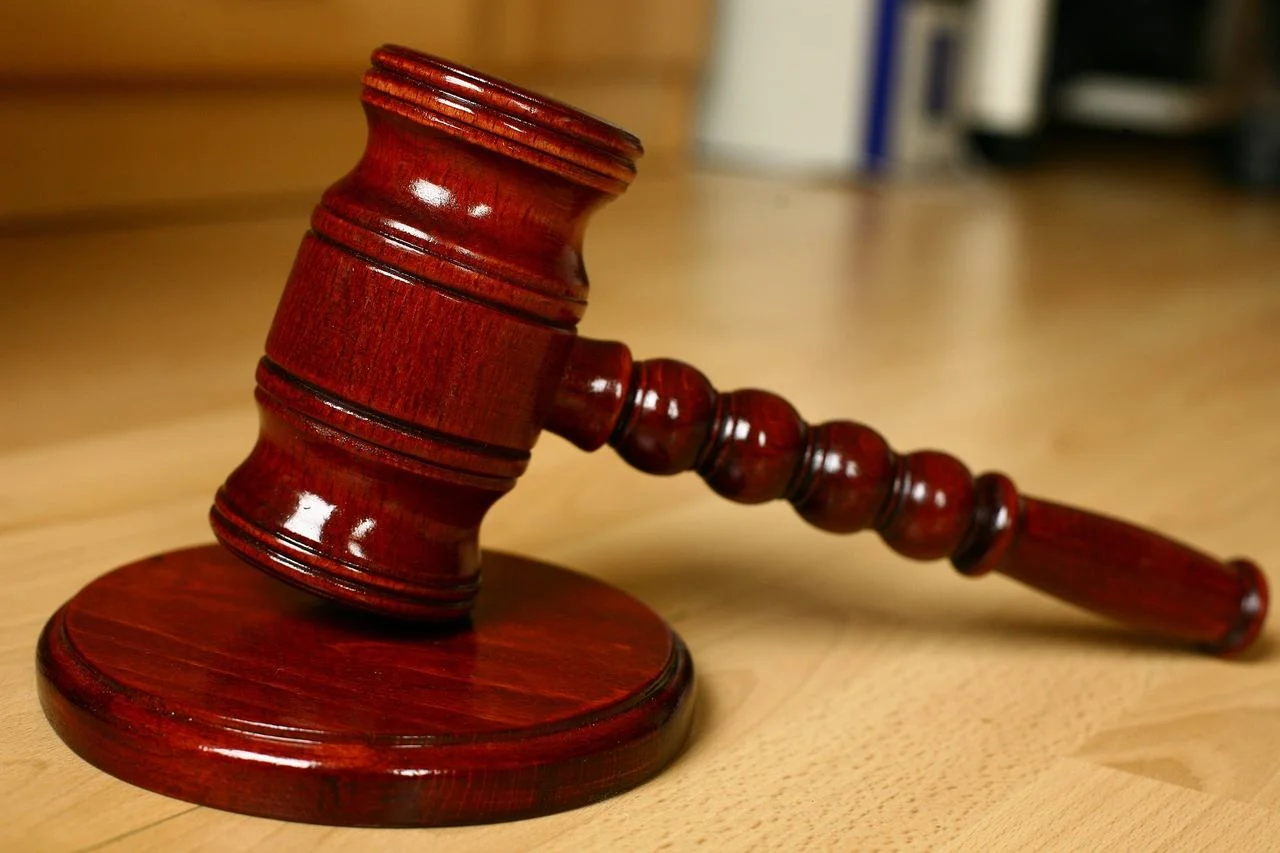The Impact of Social Media on Your Personal Injury Claim

Social media is a central part of daily life for many people, providing a platform to share experiences, stay connected, and voice opinions. However, when you’re involved in a personal injury claim in Florida, your social media activity can have significant consequences. Understanding how social media can impact your claim is crucial for protecting your rights and maximizing your compensation.
How Social Media Can Affect Your Claim
- Public Perception and Credibility: Insurance adjusters and defense attorneys often scrutinize claimants’ social media profiles for posts, photos, and comments that might contradict their claims. For example, if you claim to be suffering from severe back pain but post pictures of yourself engaging in physical activities, your credibility can be undermined.
- Evidence Against You: Posts that you think are harmless can be used as evidence against you. Photos, videos, check-ins, and even comments can be misinterpreted or taken out of context to suggest that your injuries are not as severe as you claim.
- Inconsistent Statements: Any discrepancies between your social media posts and your official statements can be damaging. If your posts imply you are leading a normal, pain-free life, it can weaken your case.
Best Practices for Social Media Use During a Claim
- Limit Your Activity: The best course of action is to limit or completely stop using social media while your personal injury claim is ongoing. This reduces the risk of inadvertently posting something that could harm your case.
- Adjust Privacy Settings: Make sure your social media accounts are set to private. However, be aware that privacy settings do not guarantee complete confidentiality. Insurance companies and attorneys might still find ways to access your information.
- Think Before You Post: If you must use social media, be very cautious about what you share. Avoid posting about your accident, injuries, or legal proceedings. Refrain from posting photos or updates that could be misinterpreted.
- Avoid Discussing Your Case: Do not discuss any details of your case online. This includes not only direct references to your injury or legal process but also comments about your emotional state or daily activities that could relate to your claim.
Monitoring by Insurance Companies
Insurance companies are vigilant about monitoring claimants’ social media profiles. They employ various methods to gather information, including:
- Direct Searches: Adjusters and investigators will search for your profiles on platforms like Facebook, Instagram, Twitter, and LinkedIn.
- Third-Party Surveillance: They may use third-party companies that specialize in social media surveillance to find posts, comments, and interactions that could be relevant to your case.
Legal Implications
In Florida, courts have ruled that social media posts are admissible as evidence in legal proceedings, including personal injury cases. This means that anything you post online can potentially be used in court. Judges and juries might view social media evidence as more credible than verbal testimony because it is considered to be an unfiltered glimpse into your life.
Steps to Protect Your Claim
- Consult Your Attorney: Before posting anything online, consult with your personal injury attorney. They can provide specific guidance on how to handle your social media use and what to avoid sharing.
- Monitor Your Friends and Family: Ask friends and family not to post about your accident, injuries, or any activities you participate in during your recovery. Even well-meaning posts can be detrimental to your case.
- Regularly Review Your Accounts: Periodically check your social media profiles to ensure that past posts do not contradict your current claim. Remove or adjust privacy settings on any potentially problematic content.
- Be Honest and Consistent: Always be truthful about your injuries and limitations. Consistency between your statements to medical professionals, attorneys, and your social media activity is essential.
Conclusion
The impact of social media on your personal injury claim in Florida cannot be overstated. While it can be tempting to share updates with friends and family, it is crucial to understand the potential legal repercussions. By limiting your social media activity, adjusting privacy settings, and consulting with your personal injury attorney, you can protect your claim and increase your chances of receiving fair compensation for your injuries.